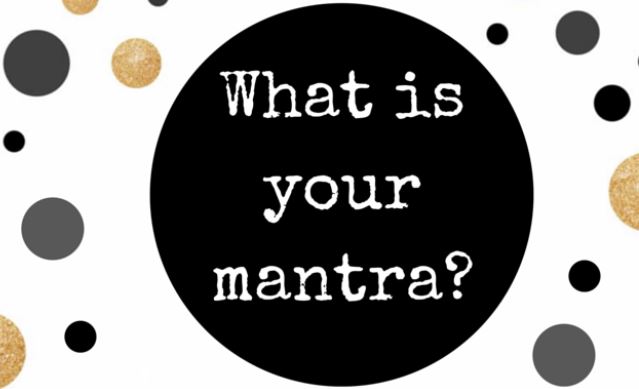Five Mantras for Parents of Addicted Loved Ones
The road to recovery can be long and arduous for many. Looking at the statistics, it can often take many attempts and relapses to finally reach long-term recovery. As a result, family members of the addicted loved one can become discouraged, cynical, frustrated, and may even revert back to old patterns and behaviors because it just seems “easier.” If you’re going through a difficult period with your addicted loved one, I’d like to provide you with a few key mantras to use as anchors. These will most likely be reminders, especially if you’ve been in the PAL community for any length of time, but they are still incredibly important to go back to often.
1. I am not to blame and do not need to take it personally. Addicts and alcoholics will often blame their using or drinking on the people around them. A common blaming statement is, “I only drink because of you.” In reality, if your loved one is an addict, they will drink no matter what you say or do, it’s not your fault. They have become dependent on the substance or alcohol and nothing is going to get in between them and their drug of choice. Family members can also take the actions of their addicted loved ones personally, believing that, “if he/she really cared, he/she wouldn’t lie and deceive me.” Addicts and alcoholics have altered brain chemistry, which means they may not be in control of their own decision making. Using the drug or alcohol feels like survival to their brain and anything that gets in the way of it is an obstacle.
2. I cannot control my loved one or their addiction. The love you hold for your addicted loved one is deep and it’s common for family members to do everything in their power to get them to stop drinking or using. This usually leads to constant frustration and resentment. In moments of crisis for the addict or alcoholic, family members typically want to jump in and offer help or at least contribute to solving the problem. The reality is that crisis can often be a motivator for the addicted loved one to seek help. If family rushes in with solutions or resources, it can delay the addicted loved one’s decision to get help.
3. I do not need to accept unacceptable behavior. If the pattern with your addicted loved one included a phrase similar to this: “they just got out of hand this time and drank too much,” then minimizing their behavior is a form of accepting unacceptable behavior. Addiction is a progressive disease, meaning that over time, it grows and becomes worse. Standing in reality and bringing forward how your addicted loved one’s words or actions impact you is important. If they are being physically or emotionally abusive, you can tell them it is unacceptable and leave. By allowing such behavior, you are teaching them that it’s okay to treat you in that manner.
4. I cannot hold unreasonable expectations for my addicted loved one. Depending on how long addiction has been a part of your life, you may have come up with a list of ways you think your addicted loved one should be behaving. You may wholeheartedly believe when he/she makes promises they will never drink or use again. In reality, no addict or alcoholic can truly make that promise. Part of their work in recovery is to choose each day, one day at a time, not to use or drink. There are no promises for tomorrow, next month, or a decade from now. If your addicted loved one isn’t being fully honest with themselves, how can you expect them to be honest with you?
5. I can take care of myself and continue to educate myself. Old patterns of addiction within the family system typically include family members focusing more on the addict or alcoholic and “fixing” things rather than on themselves. In recovery, family members now must shift that perspective and bring it back to taking care of their own selves as well as continuing to learn and grow in their own personal recovery. When the focus is less on the external and more on the internal, we recognize the control we have is only over ourselves, not others.
I pray that these mantras challenge and encourage you, no matter where you are on your journey with an addicted loved one. The recovery process involves a great deal of unlearning and relearning, but it’s worth the time and effort in the end. May your heart be strengthened today.
Grace & peace,
Ashley Worthington, MA, LPC
Living Hope Counseling
Ashley Worthington, MA, LAC, is a guest blogger for PAL and works with Living Hope Counseling






